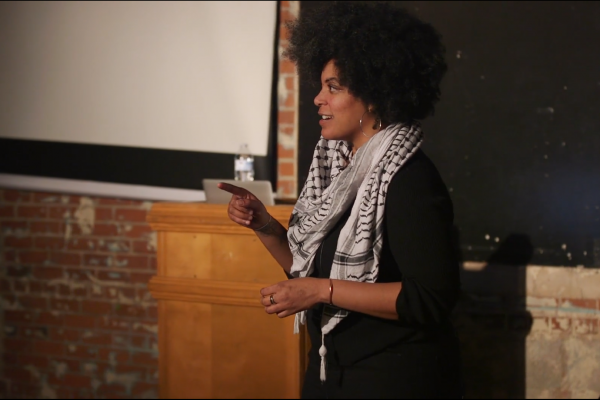Ash-Lee Woodard Henderson is co-executive director of the Highlander Research and Education Center in Tennessee, an organization founded in the 1930s as a “folk school” to train labor organizers throughout Appalachia and the South. In the 1950s, Highlander was an incubator for the civil rights movement, with trainings led by Septima Clark and Ella Baker. By the 1990s, the center supported anti-strip-mining battles in Appalachia and linked mountain organizers with anti-globalization efforts around the world. Today, Highlander draws on the strengths of immigrants, students, and other local leaders in the rural South to build popular education programs that advance cultural organizing for justice. Former Sojourners editorial assistant Faith Zamblé interviewed Henderson in July.
Faith Zamblé: How would you describe your work at the Highlander Center?
Ash-Lee Woodard Henderson: I describe it as a grand inheritance. I was 31 or 32 when I became the first black woman to be co-executive director of the Highlander Center. And I inherited 86 years of people’s stories and experiences and movement legacy. But with that legacy comes a great responsibility to make sure that the Highlander Center isn’t just a living museum, where people come to study what was; it should also be a place where people can learn how to do things now. It’s living in the past, present, and future at the same time, every day, all day.
Read the Full Article

